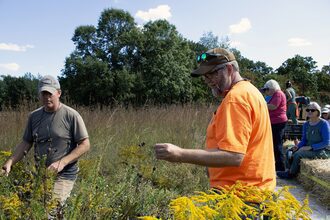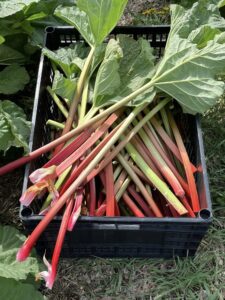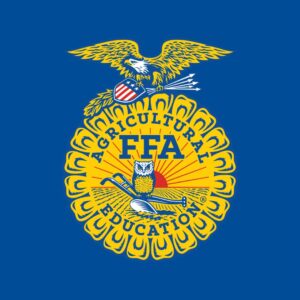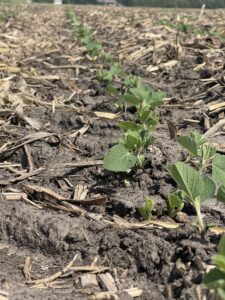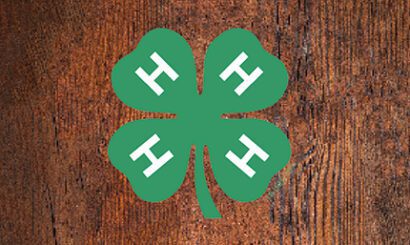The beauty of autumn in west central Illinois is not subtle. Amber swaths of blooming goldenrod are adorned by monarch butterflies under a bright blue sky, which only ends when it meets the expanse of Illinois River wetlands, filled with the calls of migrating birds. This vibrant ecosystem filters water, slows floods, provides food and shelter for wildlife, improves air quality, and does so much more, but like many natural spaces across Illinois, it is threatened by climate change, pollution, habitat loss, and more.
It was here in the last week of September that more than 150 Extension volunteers and staff gathered for the annual University of Illinois Extension Master Naturalist state conference to connect and gain new skills, tools, and programs to bring back home. Across the state, Master Naturalist volunteers share their knowledge and talents by putting research into action to help sustain and restore natural areas.
“Master Naturalists are a link between studies happening at the university and the real-world application of research findings within communities across Illinois,” said Shibu Kar, Extension’s assistant dean of natural resources, environment, and energy, who gave opening remarks at the conference. “From invasive species removal days to monitoring water quality in local creeks, these passionate and innovative environmental volunteers pursue opportunities that have a positive impact at home, in public spaces, and beyond.”
This region of Illinois is nestled between the Illinois and Mississippi Rivers, and its sandy soils are home to wetlands, prairies, and woodlands that share the landscape with fields of pumpkins and horseradish alongside more familiar Midwestern crops of corn rows and soybeans. On the first day of the conference, local experts led tours of the rivers, a sustainable and regenerative farm, the state’s native plant nursery, and more to share firsthand insights on local research and conservation in action.
Later that day, after the sunset, excited choruses of “Did you hear that?” and “Look at this one!” filled the air at the Lakeview Nature Center in Macomb. With a flashlight in one hand and an ultrasonic recorder held to the sky in the other, volunteers took turns listening for the calls of bats guided by U. of I. researcher and Extension wildlife specialist Joy O’Keefe. Down below in the prairie grass, bright lights spotlighting a hanging fabric sheet summoned moths and other nocturnal insects, allowing insect expert Angella Moorehouse to confidently pluck and identify them for an eager audience.
On the second day, participants gathered to learn together, starting with a presentation by arborist and landscape architect Guy Sternberg, who spoke about the impacts climate change will continue to have on native oak trees. Other session topics included communicating about climate change, insect pollinators, woodland ferns, research at the Mississippi and Illinois rivers, the return of bald eagles, the ecology of urban bats, and more.
The conference was hosted by the local Extension offices in Henderson, Knox, McDonough, and Warren counties. Franklin, Jackson, Perry, Randolph, and Williamson counties. Event coordinators included horticulture educator Christopher Enroth, program coordinator Katherine Budde, and local Master Naturalists.
Master Naturalists learn about botany, environmental ethics, archaeology, climate, forestry, geology, prairies, mammals, birds, insects, urban and agricultural systems, and more from University of Illinois experts. They then share their time and expertise through local environmental stewardship projects such as invasive species removal, restoration projects, wildlife monitoring, and more.
The Master Naturalist program is offered through Illinois Extension offices around the state. Learn more about how to become an Illinois Master Naturalist and bring positive change to your community’s natural areas at extension.illinois.edu/MN.
Extension’s natural resources, environment, and energy program provides research-based education for awareness and action to sustain healthy environments and ecosystems that support quality living and resilient communities. Extension staff empower people across Illinois to make a difference through the volunteer programs Master Naturalists, Climate Stewards, and Master Watershed Stewards.
Photos by Emily Steele, Amy Jo Zepp, and Shekina Mullen.
***Courtesy of the University of Illinois Extension***


